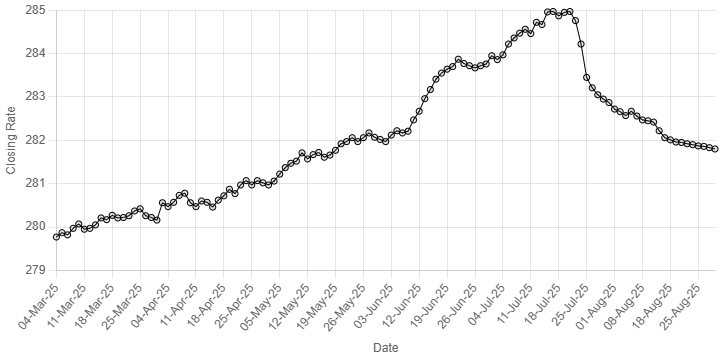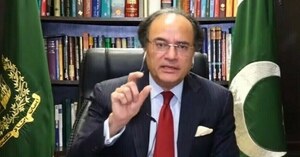Zimbabwe has made more arrests in connection with the discovery of an arms cache and a suspected plot to launch a military rebellion against President Robert Mugabe, police said on Thursday.
The detentions bring to at least 10 the number of people picked up by authorities in the African nation this week in what some describe as a crackdown against the opposition, fragmented but still a potential threat in the face of an economic crisis.
Movement for Democratic Change (MDC) members Giles Mutsekwa and Roy Bennett were among six people detained in a first wave of arrests announced by the government on Wednesday. Police did not provide details on the latest arrests.
"This is an attempt to attack the opposition, but it should be seen as a wider assault of all the democratic forces in the country," Lovemore Madhuku, chairman of political pressure group National Constitutional Assembly, told Reuters.
"It is just a propaganda drive aimed at getting media attention and maintaining pressure on the opposition," he added.
On Wednesday, Mugabe's government said that it would physically "eliminate" political opponents seeking to overthrow it unconstitutionally.
The warning came one day after the government in Harare claimed that it had found an impressive supply of weapons in the eastern city of Mutare and arrested an ex-soldier in the former Rhodesia, Zimbabwe's name before independence in 1980.
The arsenal included AK-47 automatic rifles, machineguns, shotguns, pistols, revolvers, tear gas canisters, flares, thousands of rounds of ammunition and a two-way radio communication system, police said.
The weapons were hidden at the home of suspect Peter Hitschmann, who claimed to be working for an organisation called the Zimbabwe Freedom Movement (ZFM) co-ordinated by Mutsekwa and Bennett, authorities said.
Hitschmann also claimed to have been working with former members of the Rhodesian forces currently serving in Zimbabwe's military to obtain the arms and plan acts of sabotage and destabilisation.
The MDC, which has splintered into two factions, has denied it is involved in any military plot against the government. It accuses Mugabe and his ruling ZANU-PF party of a campaign to silence critics.
Chris Maroleng, a researcher on Zimbabwe at the Institute for Security Studies in Pretoria, said the arms cache episode was "strange" and unbelievable because the ZFM was not a serious group and Mugabe's government was looking jittery.
"It's not very credible and the timing of the discovery indicates that it may be an attempt to further destabilise Morgan Tsvangirai's faction....they are due to hold their congress in the next week, so it may be an attempt to agitate this faction," Maroleng said.
He added that it was suspicious that the arms cache case had surfaced soon after reports that Mugabe had put his security forces on high alert over fears that recent huge rises in basic consumer prices and university fees would cause unrest.
Zimbabweans are struggling to cope with food and fuel shortages and the world's highest inflation rate.
On Wednesday, Zimbabwe State Security Minister Didymus Mutasa suggested that Tsvangirai, who heads the main MDC faction, was among opponents who had entertained thoughts of removing Mugabe - in power for the last 26 years - by force and warned the government would deal sternly with them.
Nelson Chamisa, spokesman for Tsvangirai's MDC slammed what he called attempts by the government to derail its congress.
BR100
15,085
Increased By
112.5 (0.75%)
BR30
44,012
Increased By
987.7 (2.3%)
KSE100
148,618
Increased By
1274.3 (0.86%)
KSE30
45,248
Increased By
370.7 (0.83%)





















Comments
Comments are closed.